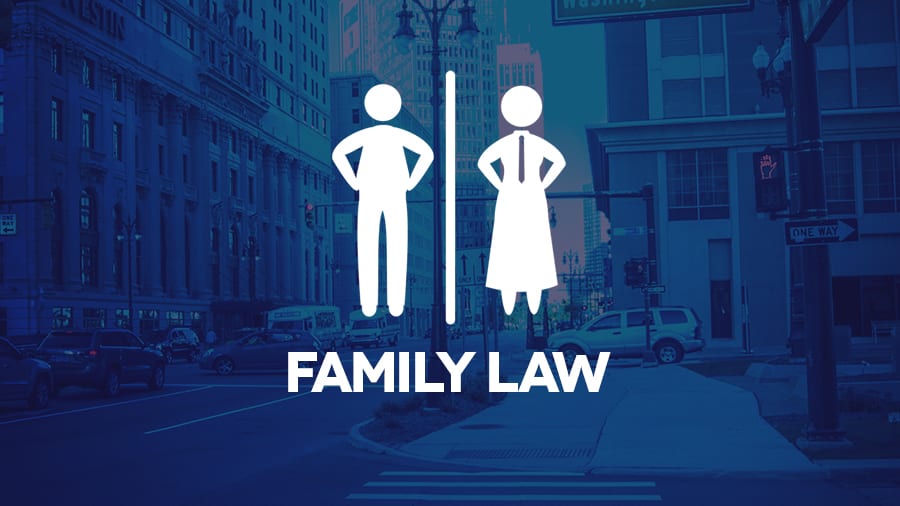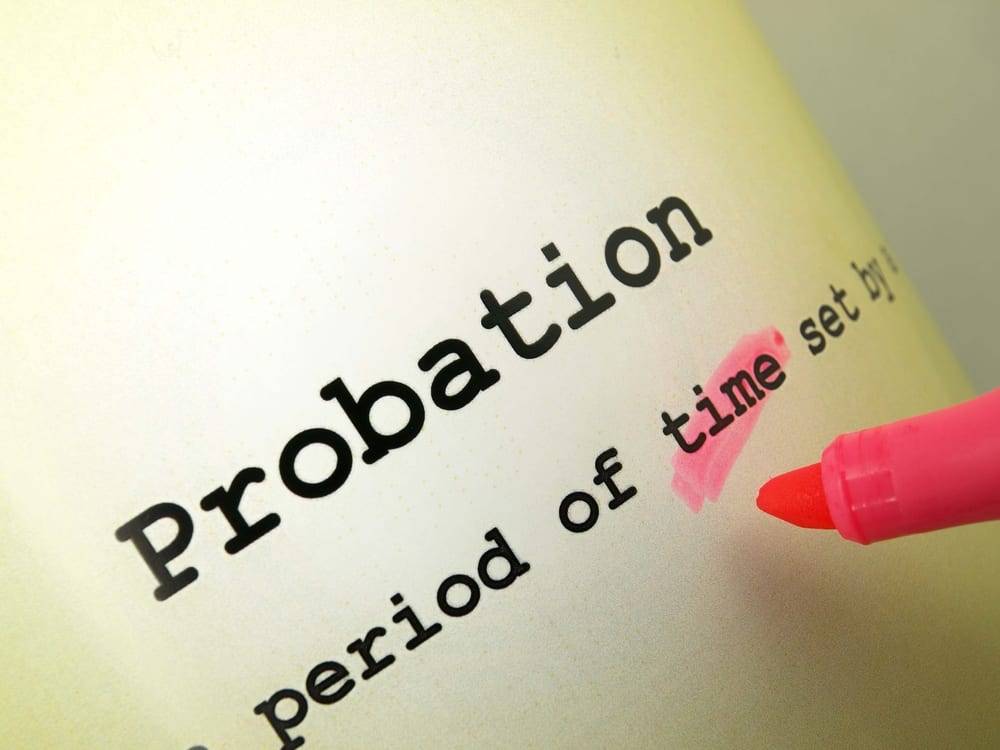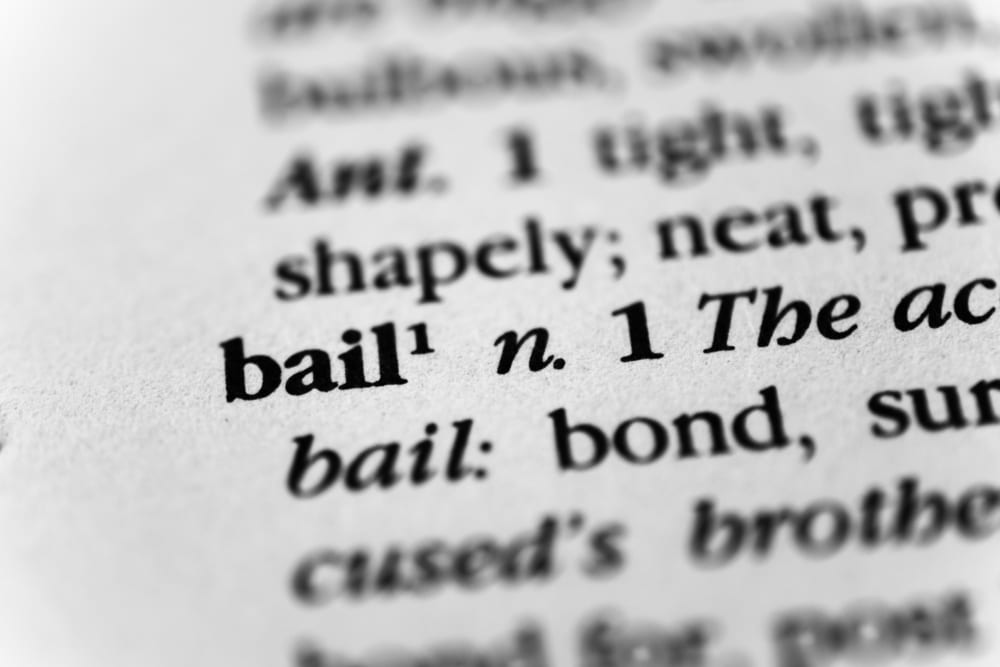WHAT YOU NEED TO KNOW ABOUT YOUR RIGHT TO REMAIN SILENT


The Fifth Amendment of the United States Constitution guarantees that “no person . . . shall be compelled in any criminal case to be a witness against himself . . .” The provision has been interpreted to protect all persons against the naturally coercive and intimidating effects of interrogation by law enforcement officers and other agents of the government.
WHEN YOU KNOW YOU ARE A SUSPECT IN A CRIME
If you, a family member or a loved one should every be approached by a law enforcement officer directly, on the phone, or if a police officer should leave a card for you to call because you are a suspect in a crime, you should always tell the officer expressly
1. “I do not wish to be questioned by you or anyone else at this time”;
2. “I wish to speak to an attorney”;
3. “I wish to have an attorney present during any questioning”;
4. You should not get into the officer’s police car if you are not under arrest; and
5. You should never go to the police station if you are not under arrest.
You should write down the date, time and the circumstances under which the officer tried to talk to you. Then you should call your attorney immediately.
Once you have asserted these rights to remain silent, do not ask questions or have any further discussion with the police about the immediate matter or anything else. Further communication with the police could be interpreted as relinquishing your rights and the interrogation process would start anew. Spontaneously starting a new conversation with the police after you have hired a lawyer could also be interpreted as relinquishing your right to remain silent.
MIRANDA WARNINGS
Miranda v Arizona stands for the proposition that a police officer must inform a suspect who is in custody and being subject to a custodial interrogation of the following rights:
that the defendant has a right to remain silent;that the defendant’s silence cannot be used against the defendant;that the defendant has a right to consult an attorney and have one present during interrogation; and That if the defendant cannot afford to hire an attorney, one will be appointed for them.
The good news about Miranda is that it warns suspects about their rights to remain silent. The bad news about Miranda is if the police read you your Miranda warnings, you’ve probably already given them the damaging statements they were trying to get out of you.
CUSTODY OR ARREST
You have to be in custody or under arrest for Miranda warnings to be given. If you were in your home, your job, a party, a bar, or just walking down the street, the police officers are not required to give you your warnings immediately. Even if the police consider you to be the primary suspect, only when the circumstances indicate that a person would feel they are not free to leave, is a person considered to be in custody in the eyes of the law. Only then must your Miranda warnings be given to you.
INTERROGATION
In addition to being in custody, the police must be actively engaged in behavior that is calculated to produce incriminating statements. Spontaneous statements made by a suspect is not considered the result of an interrogation and thus not in violation of your 5th amendment rights or the protections of Miranda. When you ask questions about what other witnesses said or what evidence the police may have, it can be very damaging to your defense. Asking questions about the law or the extent of punishment is also likely to hurt your case.
SILENCE
“
“A GUILTY MIND SPEAKS READILY”.
Almost anything a person can say or ask will be used against them as evidence by the prosecutor. On the other hand, if a person says nothing, that silence cannot be used as evidence against them. Police know this and use it to their advantage. They know that people will almost always automatically say anything when confronted with serious allegations. They are counting on this to convince or coerce a person to confess to the offense even though the case may be very weak or that there may be no evidence and only suspicions against the suspect. The law allows the police to even make up stories and lie about evidence to coerce you to confess. They can make vague promises that the court will go easier on you even though they have no authority to make such promises. Once a suspect confesses, the entire investigation changes and they no longer have to worry about ‘who did it’.
INMATES
If you are in jail waiting for trial or in prison serving a sentence, you must be mindful of your silence. Things you tell family, friends, loved ones and other inmates are all admissible. The courts have held that an inmate serving a prison sentence is not automatically thought to be in ‘custody’ just because he resides in prison. An inmate in prison must be just as assertive to his rights to remain silent and to not be questioned.
JUVENILES
Minors must also be advised of their Miranda rights when they are questioned by law enforcement officers in custodial circumstances. Custodial or confining places could even be in the school in a closed class room or in the principal’s office.
ARAIGNMENT
An arraignment is your first court appearance that you make after you have been placed under arrest. Sometimes this is done by video feed from the jail while you are still incarcerated. Even if the magistrate or judge sets bond, informs you of your rights to remain silent and appoints an attorney for you, the police can still question you until and unless you expressly invoke you Miranda rights.
WHENEVER YOU BELIEVE THE POLICE ARE TRYING TO MAKE CONTACT WITH YOU BECAUSE YOU ARE A SUSPECT IN A CASE, ALWAYS CALL THE LAWYERS AT THE LAW OFFICES OF JOUMANA KAYROUZ FIRST!!! THEY KNOW EXACTLY HOW TO HELP YOU AND PROTECT YOU FROM MAKING ANY INCRIMINATING OR HARMFUL STATEMENTS.
336




